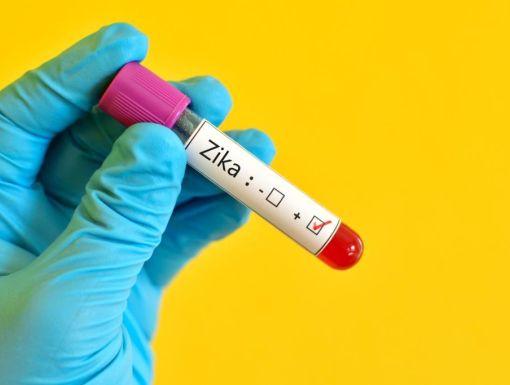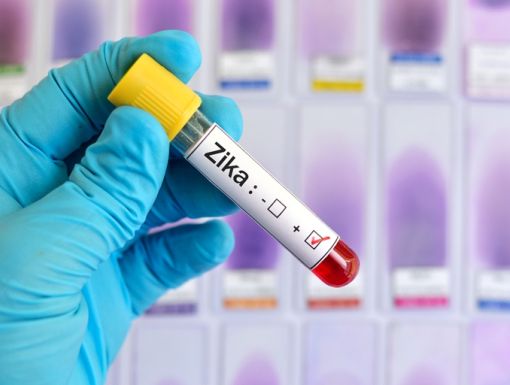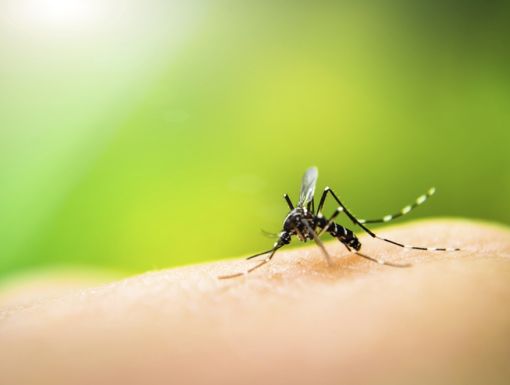
Zika Virus: The Best Insect Repellents for Protecting Your Family
Has the sound of pesticide trucks spraying your neighborhood become all too familiar? If so, it can only mean one thing, peak mosquito season has come to the Gulf South.
The looming threat of Zika virus is at the forefront of everyone’s minds, especially women who are pregnant or who may become pregnant. It is important for everyone to do all they can to prevent bites from Aedes mosquitoes, the species of mosquito that carries Zika.
To-date, no vaccine has been approved for use in humans to prevent the disease, making it even more important to take all of the necessary steps to avoid the mosquito bites that put people at risk. The Center for Disease Control (CDC) identifies insect repellents as an essential precaution for avoiding the disease.
Insect Repellent: What to Look For
The CDC advises using Environmental Protection Agency (EPA)-registered insect repellents containing active ingredients including: DEET, picaridin, IR3535, oil of lemon eucalyptus or para-menthane-diol. When used properly, repellents containing these ingredients have proven to be safe and effective in efforts to avoid Aedes mosquito bites. To find out more about what insect repellent is right for you, visit the EPA insect repellent page.
Protecting Your Children
According to the CDC, parents should avoid using insect repellents on babies younger than two months old. Additionally, parents should refrain from applying repellents containing oil of lemon eucalyptus or para-menthane-diol on children under the age of 3 years old.
Parents should also be careful to avoid applying insect repellent to their child’s hands, eyes, mouth as well as any cuts or irritated skin. It is advised that adults first spray insect repellent into their own hands before applying to a child’s face as opposed to applying repellent directly.
How to Properly Use Insect Repellent
When using insect repellent, apply only to the areas of skin exposed to potential insect bites. Avoid applying repellent under clothing and be sure to only use as much as needed for the length of time that you will be exposed. When applying to your face or other sensitive areas, spray first on your hands, then rub in, being careful to avoid your eyes and mouth, in addition to any open cuts, wounds or irritated skin.
It is important to apply repellent before going outside into area where mosquitoes might live and bite. Fortunately the EPA registered repellents are considered safe even in pregnant women when used as directed. Be sure to read the label on the repellant prior to using it.
Once your potential exposure to mosquitoes has ended, be sure to wash treated skin thoroughly with soap and water, and wash treated clothing in a separate batch of laundry before wearing again.



